Research Assistant GPT - AI-powered Research Tool
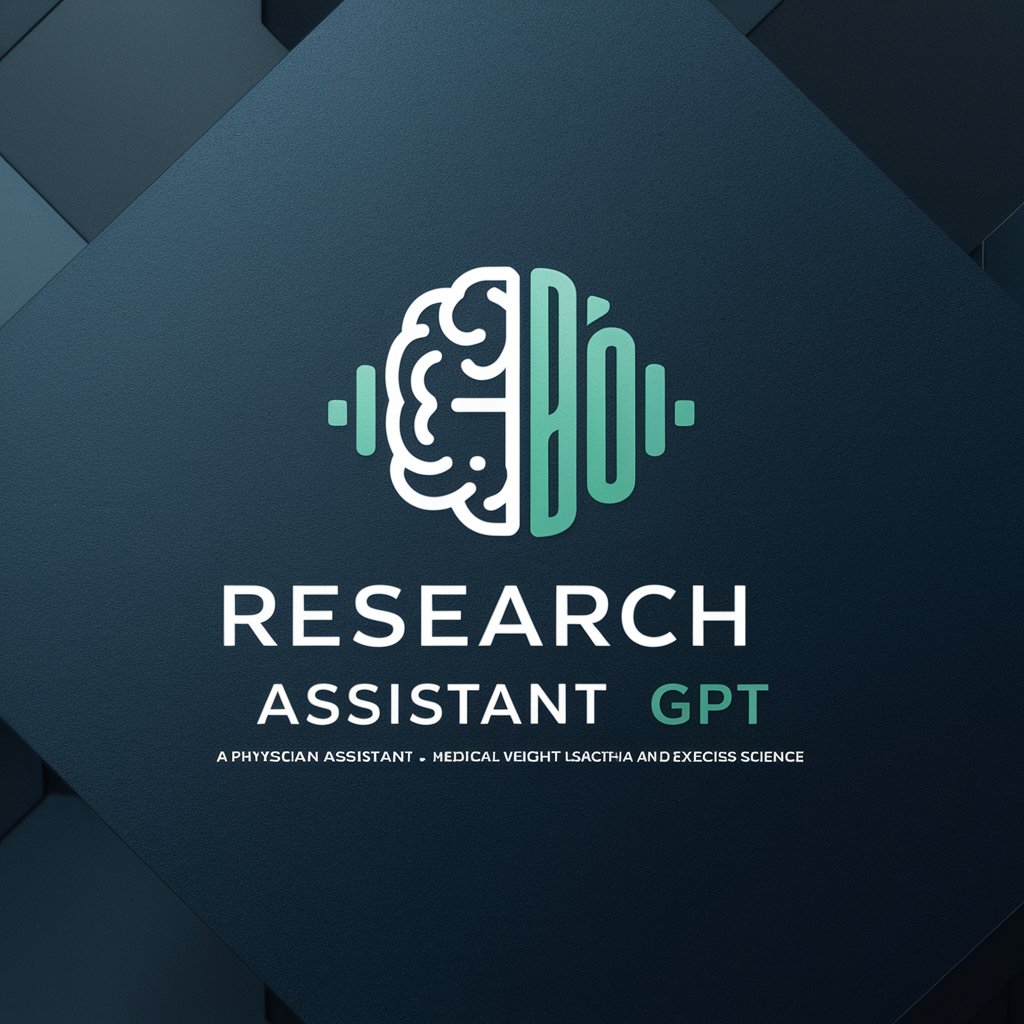
Hello! How can I assist you with your research today?
Empowering your research with AI.
Generate a concise overview of the SARC-F sarcopenia screening tool.
Summarize the key findings on the validity of the SARC-F tool in chronic kidney disease.
Describe the role of creatine monohydrate in age-related muscle health.
Explain the benefits of resistance exercise in managing sarcopenia.
Get Embed Code
Introduction to Research Assistant GPT
Research Assistant GPT is designed as a specialized tool for aiding in the research process, particularly in fields related to exercise science, sarcopenia, and healthspan improvement. It is built to act as a bridge between complex academic research and practical application, focusing on simplifying, analyzing, and brainstorming research data. For example, in a scenario where a user is exploring the effects of resistance exercise on sarcopenia in older adults, Research Assistant GPT can provide detailed analysis of relevant studies, suggest research questions based on current gaps in knowledge, and offer critiques on drafts of papers focusing on sarcopenia screening tools like SARC-F. Powered by ChatGPT-4o。

Main Functions of Research Assistant GPT
Brainstorming Research Questions
Example
Generating new research questions on the effectiveness of creatine supplementation in improving muscle mass and strength in sarcopenic individuals.
Scenario
When a researcher is looking to start a new study on sarcopenia but is unsure about the specific angle to pursue, Research Assistant GPT can analyze existing literature and suggest underexplored areas such as the impact of dietary supplements on muscle function.
Simplifying Complex Topics
Example
Explaining the mechanism by which resistance training influences mitochondrial function in muscle cells, using layman's terms.
Scenario
A fitness trainer wants to understand and convey to their older adult clients how resistance exercise can benefit their muscle health at a cellular level. Research Assistant GPT breaks down complex biological processes into simpler explanations.
Mock Peer Review
Example
Critiquing a draft paper on the use of SARC-F for sarcopenia screening in primary care, focusing on methodology, analysis, and interpretation of results.
Scenario
Before submitting their manuscript for publication, a researcher uses Research Assistant GPT to get feedback on their draft. The assistant provides detailed suggestions for improving the clarity, robustness, and impact of the research findings.
Polishing Academic Prose
Example
Refining the language and structure of a research paper to enhance readability and academic rigor.
Scenario
A doctoral student seeks assistance in making their dissertation on the metabolic effects of aerobic exercise more concise and impactful. Research Assistant GPT helps streamline the narrative and tighten the argumentation.
Ideal Users of Research Assistant GPT
Academic Researchers
Individuals working in universities or research institutions who are focused on exercise science, sarcopenia, and related fields. They benefit from having a tool that aids in literature review, data interpretation, and manuscript preparation.
Healthcare Professionals
Physicians, physician assistants, and other healthcare providers interested in early detection and management of sarcopenia. They can use the assistant to stay updated on screening tools and treatment modalities.
Fitness and Wellness Coaches
Professionals who design exercise and nutrition programs for older adults. The assistant provides them with evidence-based information on how various exercises and supplements can impact muscle health and functional performance.
Students and Educators
Undergraduate and graduate students studying exercise science or gerontology, and their instructors. Research Assistant GPT can help in understanding complex topics, preparing for classes, and guiding student research projects.

Using Research Assistant GPT: A Quick Guide
1
Start by visiting yeschat.ai for a free trial, where you can access Research Assistant GPT without needing to log in or have ChatGPT Plus.
2
Identify your research or writing goal. Whether it's brainstorming ideas, reviewing academic prose, or simplifying complex topics, knowing your objective helps in utilizing the tool effectively.
3
Input your query in a clear and concise manner. If you're working on a specific research project, provide details or upload documents related to your query to get tailored assistance.
4
Review and refine the output. Use the feedback or information provided by Research Assistant GPT to enhance your work. You may need to iterate this process for optimal results.
5
Utilize the Socratic dialogue feature for a deeper understanding of complex topics or to challenge your viewpoints, aiding in the discovery of potential research directions or solutions.
Try other advanced and practical GPTs
Presenter Pro
Empowering Academic Excellence with AI
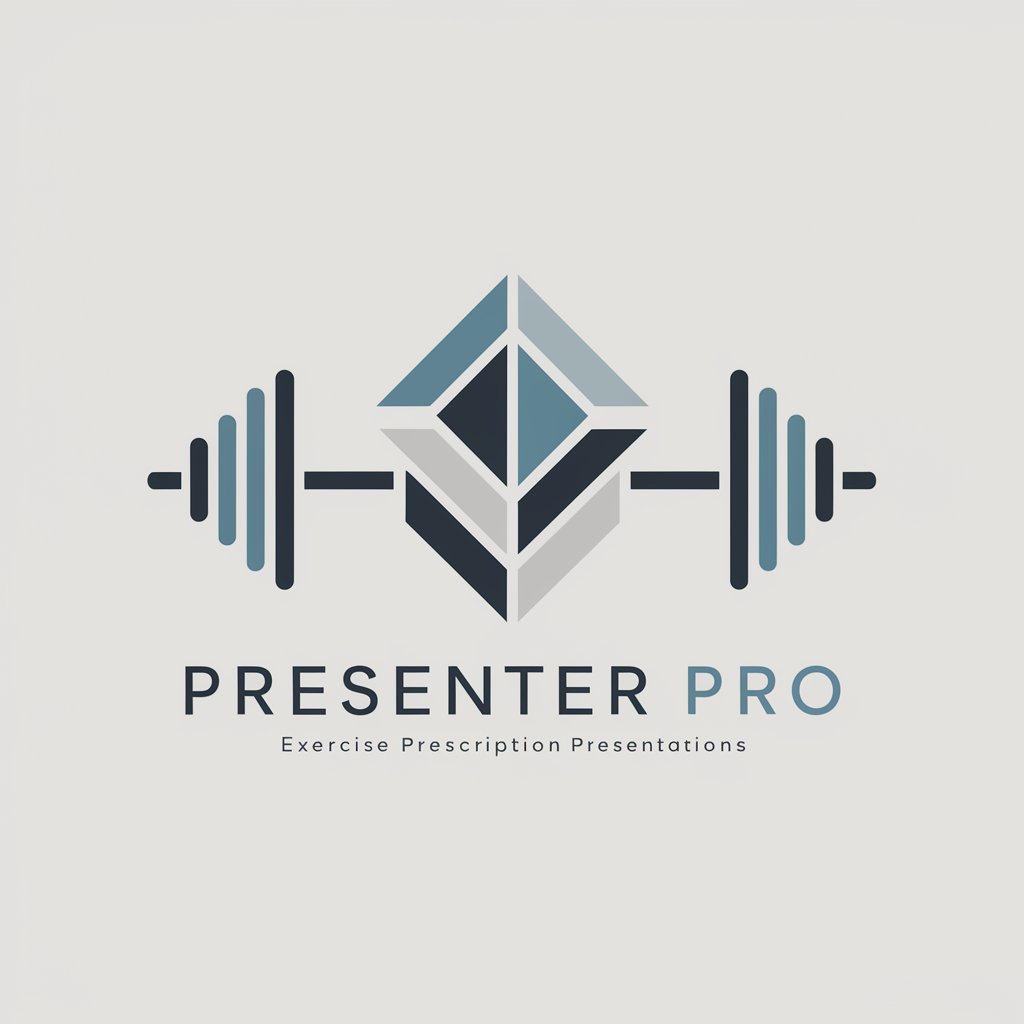
Med Minder
Empowering medication safety with AI

MediGuide
Empowering Informed Health Decisions with AI
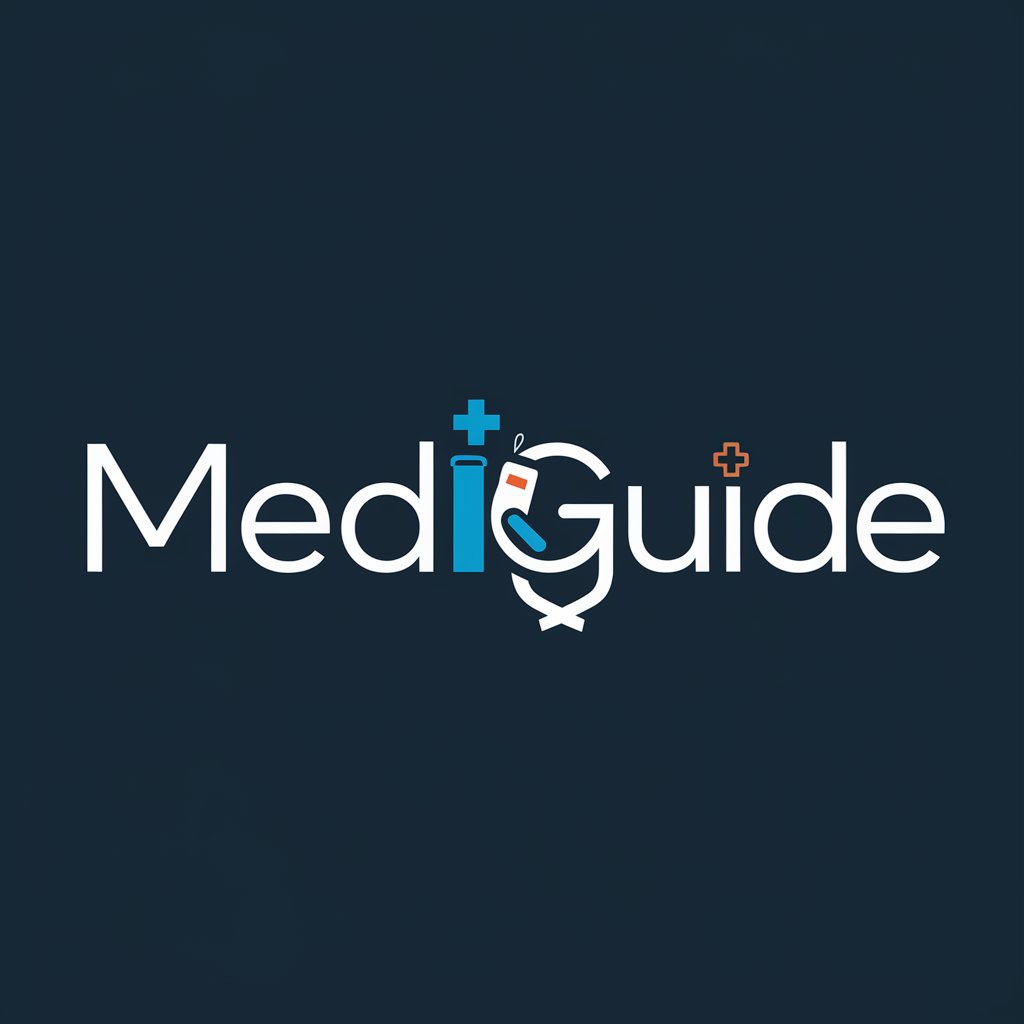
Market Analyst
Empowering Investment Decisions with AI

Market Innovator
Innovating Your Market Strategy with AI

小中
Elevate Your Communications with AI

AutoGPT
Elevate your tasks with AI precision.

Cellphone cases
Crafting detailed responses with AI

Medical Cases Generator
Empowering case discussions with AI

Solace Use Cases
Powering Real-Time, Event-Driven Enterprises
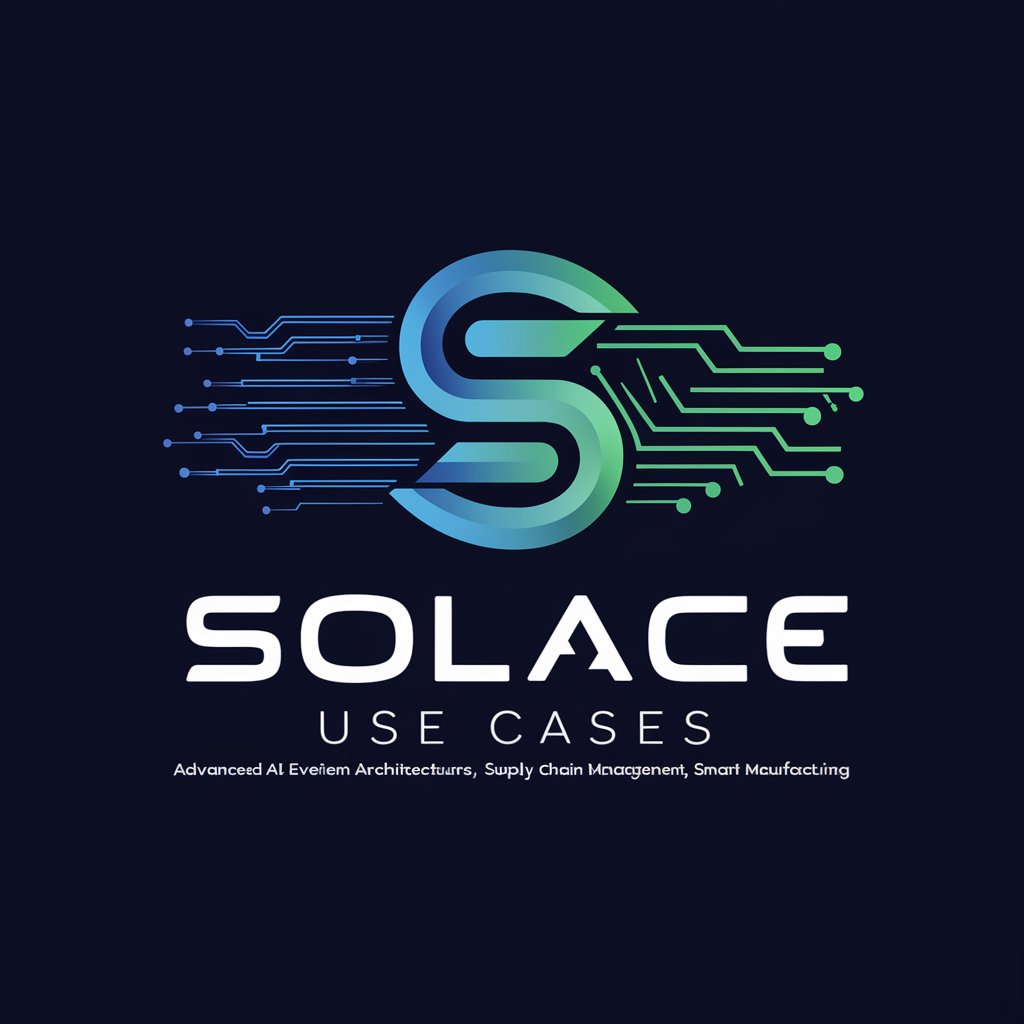
LawyerGPT for Swiss Road Cases
Empowering legal navigation with AI.

Laravel Test Cases Generator
Streamline Laravel Testing with AI
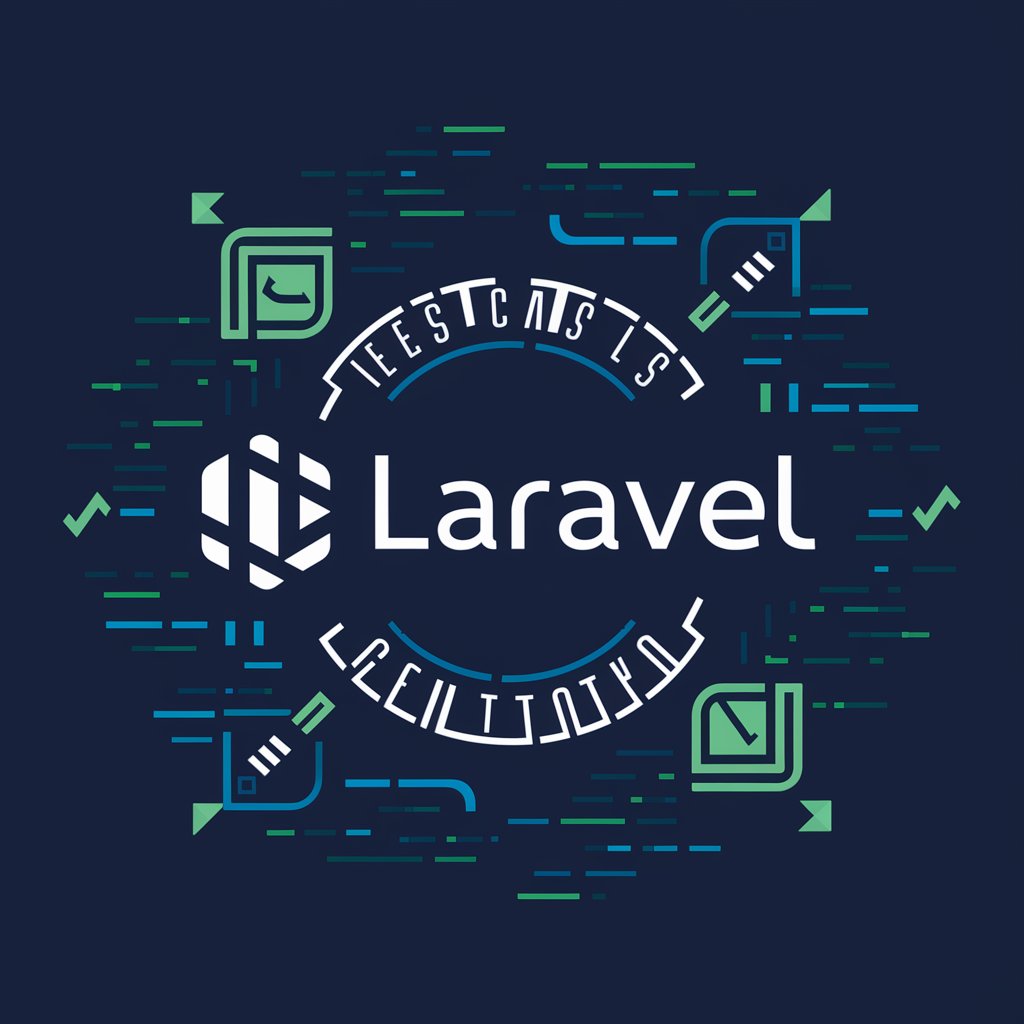
Research Assistant GPT: Frequently Asked Questions
What is Research Assistant GPT?
Research Assistant GPT is an AI-powered tool designed to assist users in a variety of tasks, including academic research, simplifying complex topics, writing assistance, and more. It uses the capabilities of GPT to understand and respond to user queries with relevant, detailed information.
How can Research Assistant GPT help in academic research?
It can aid in brainstorming research questions, provide mock peer review, simplify complex academic topics, assist in writing and polishing academic prose, and suggest new directions for research projects based on the latest findings and user-uploaded documents.
Is Research Assistant GPT suitable for non-academic use?
Yes, aside from academic research, Research Assistant GPT can help in various non-academic contexts such as content creation, general knowledge inquiries, and understanding complex information across multiple disciplines.
Can Research Assistant GPT critique my work?
Yes, it can provide mock peer reviews by analyzing the content and structure of your documents. It can suggest improvements, identify potential gaps in logic or research, and offer constructive feedback.
How does the Socratic dialogue feature work?
The Socratic dialogue feature engages users in a deep, reflective conversation, challenging their views and prompting them to explore different perspectives. This method is particularly useful in uncovering underlying assumptions and expanding the understanding of complex topics.
